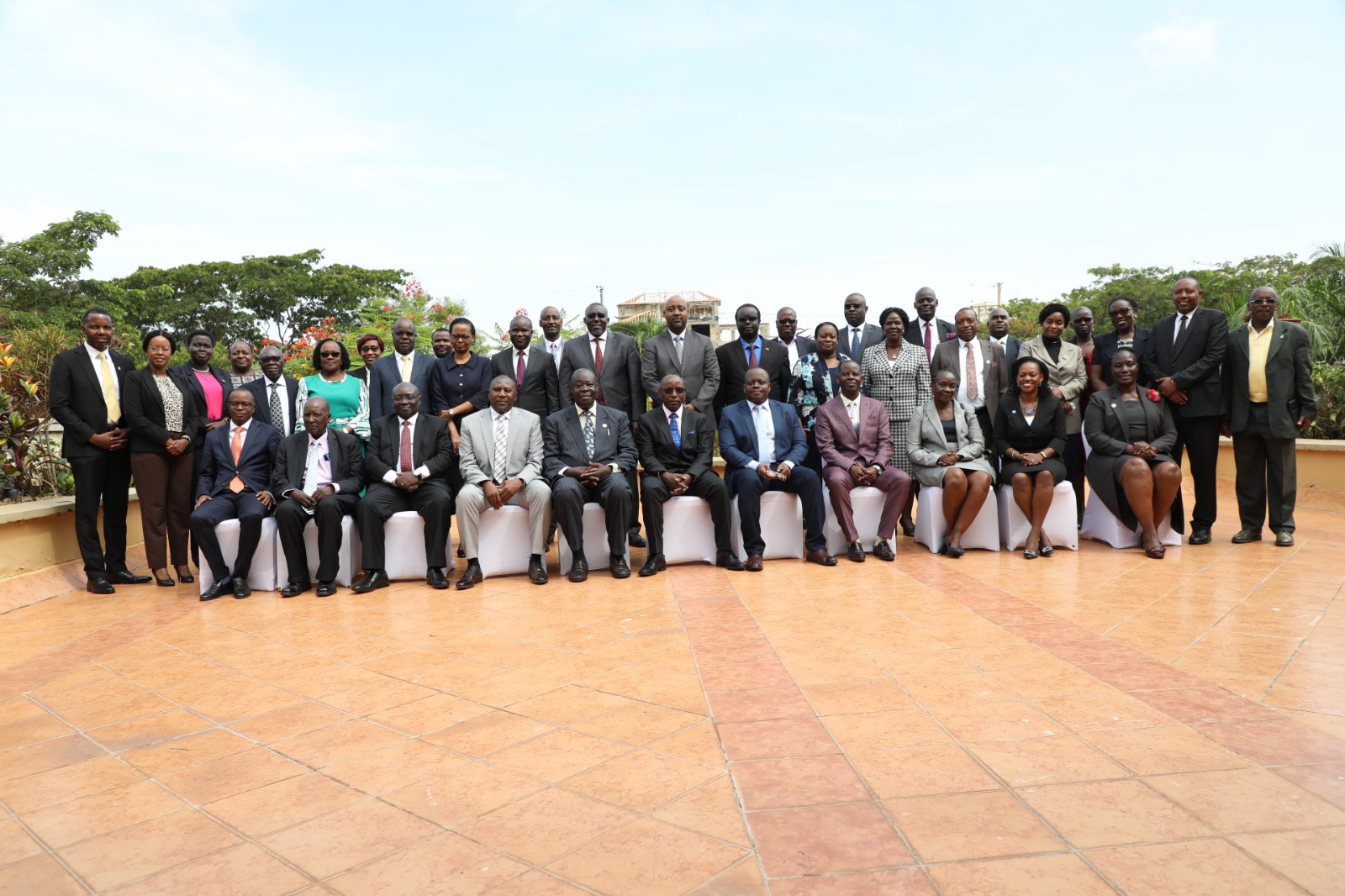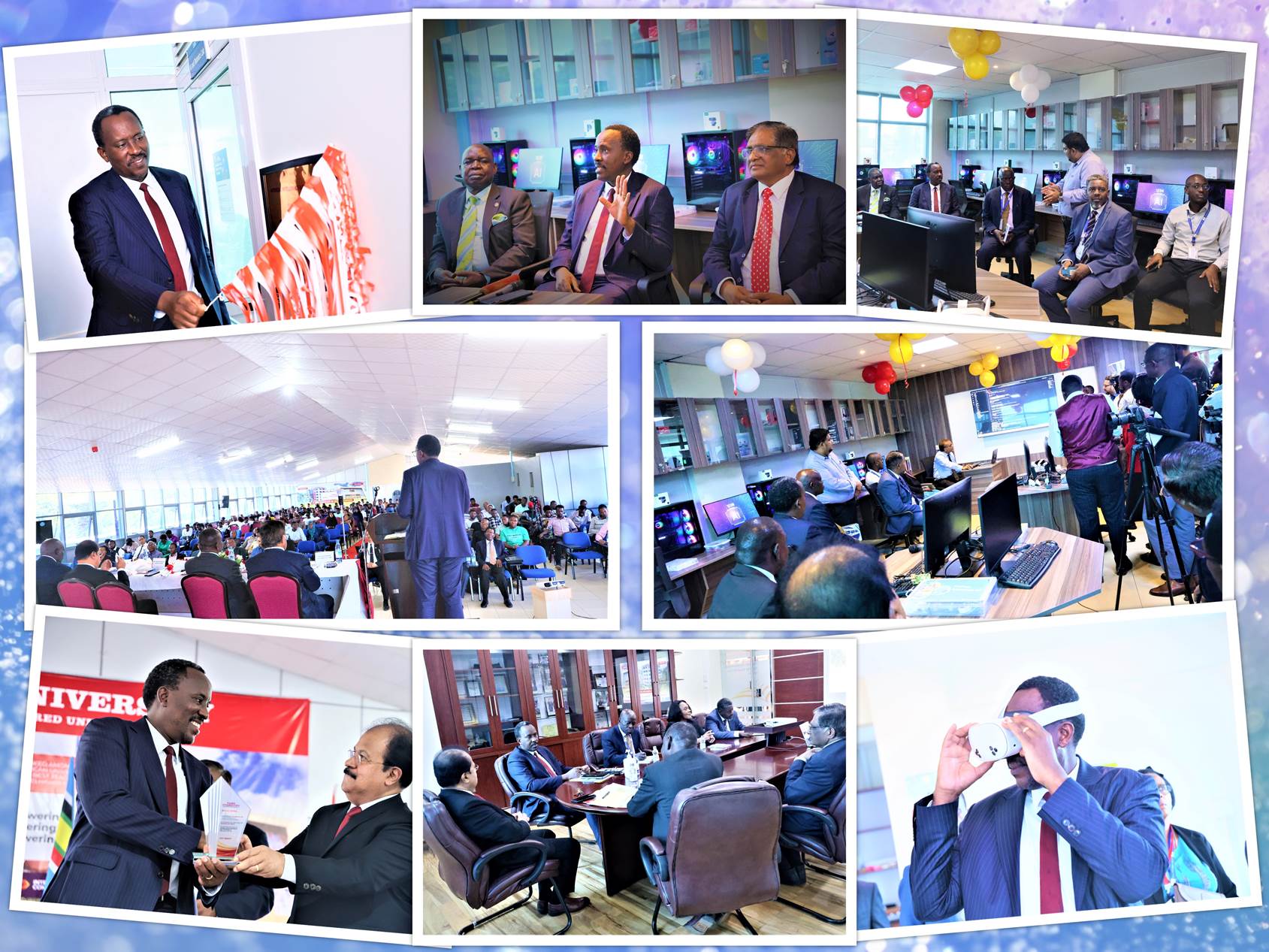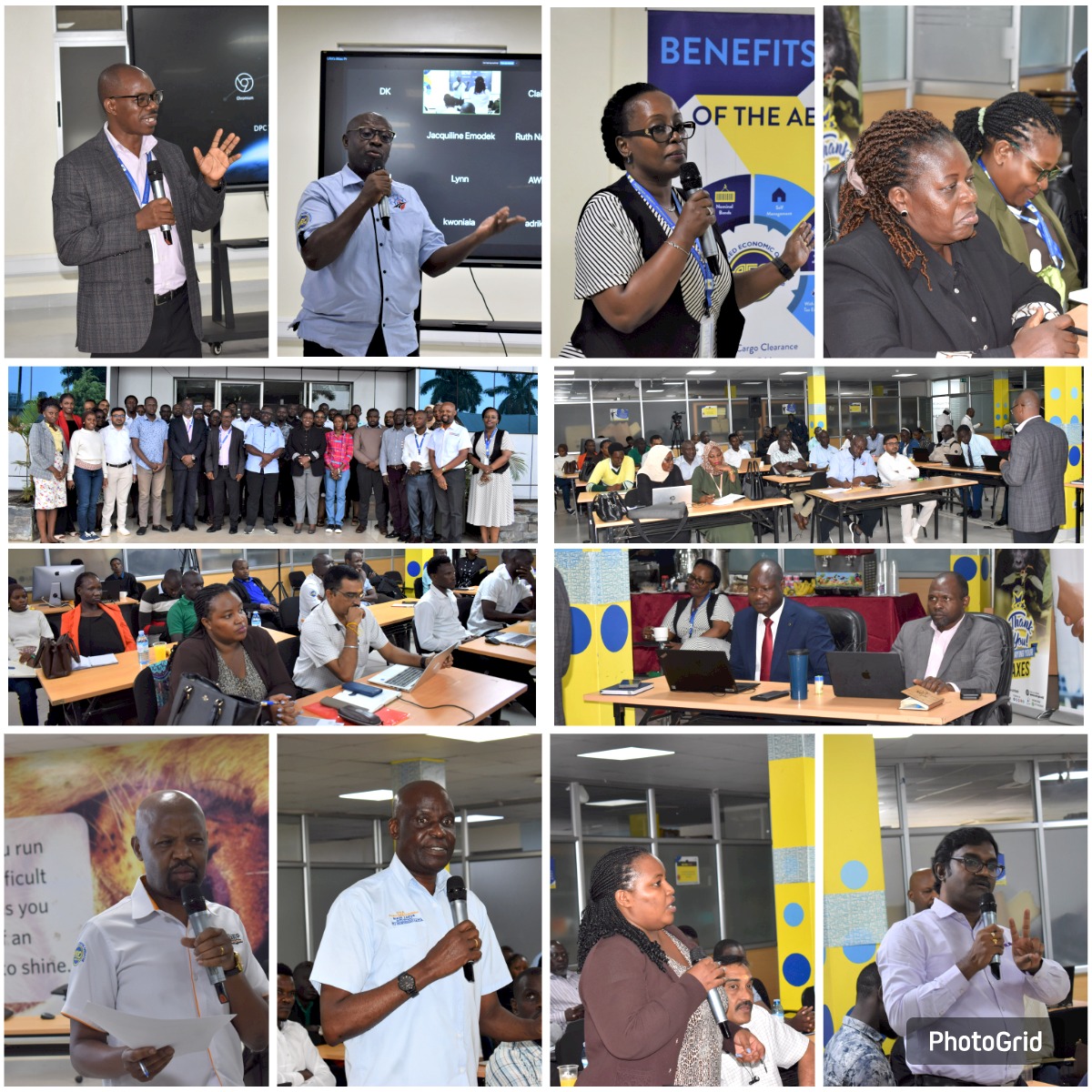By Kabahweza Kamugisha
As part of URA efforts to meet the target for this financial year, it has met the judiciary to update tax laws in line with technological advancements to collect more revenue from online businesses.
This was during the 11th Annual Taxation Training for the Justices of the courts of Judicature and Members of the Tax Appeals Tribunal held at the Kampala Serena Hotel in Kigo. The training was organised by the Authority and the Judicial Studies Institute under the theme: Information Technology and Tax Systems; Utilising ICT as a Mechanism for Domestic Resource Mobilization.
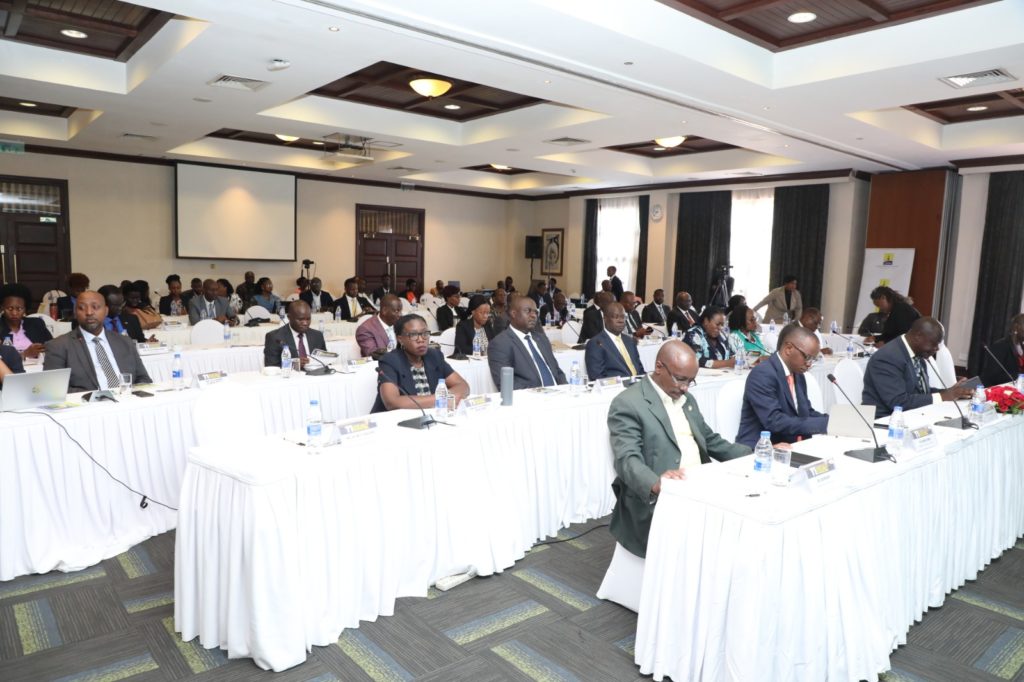
Speaking at the engagement, the Honourable Justice Dr. Flavian Zeija advised the Judges to regularly update themselves on the changes in taxation laws due to the increasingly technological changes in the world.
“It is imperative that all stakeholders are continuously trained and equipped with information, knowledge and an understanding of Uganda’s taxation laws, polices and tax administration practices both nationally and internationally,” Justice Zeija said.
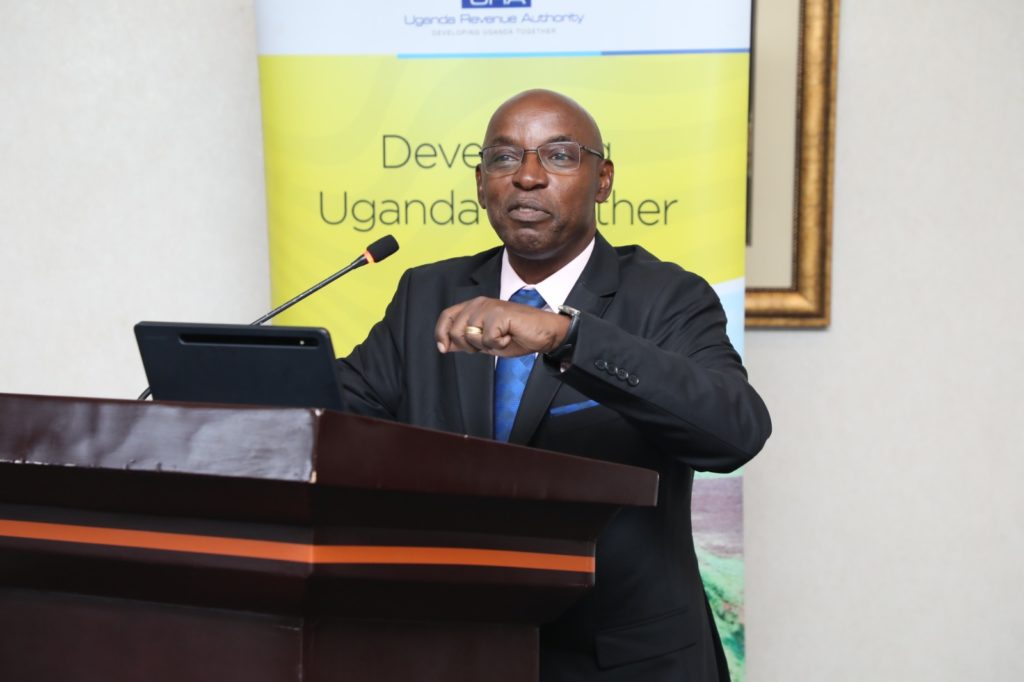
The Honourable Justice for example noted several changes in the areas of economic development, technology, e-commerce and taxation that demand members of the judiciary to remain on the cutting edge in order to meet the inevitable increases in likely disputes that may arise.
Justice Zeija also encouraged URA to train lawyers because there are few who can handle taxation cases. He advised that the high court should not be used as a court of first incidence in matters of tax disputes because the law provides that such cases should be handled first by the tax appeals tribunal.
The Acting Commissioner General, Robert Mutebi on the other hand said that URA had taken big strides in digitizing the organization’s systems so as to enable the taxpayer get their services seamlessly. He outlined some of these systems supporting clients as; the Bonded Warehouse Information Management System (BWIMS), Non-intrusive inspection technology (NII), Electronic Cargo Tracking System, Electronic Fiscal Receipting System (EFRIS) and Digital Tracking Solutions.
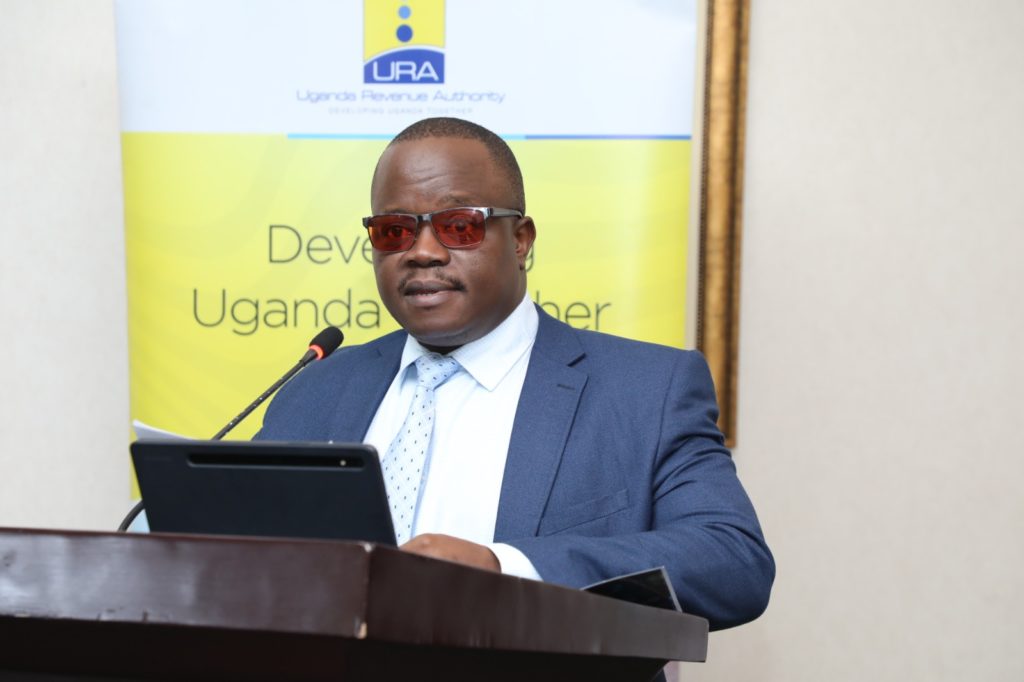
Meanwhile, the other range of topics discussed during the two-day engagement included; taxation and transparency, Alternative Dispute Resolution, prosecution as a tool for the enhancement of tax compliance, innovations in customs procedures and the role of the judiciary in the support of domestic resource mobilization in Uganda. Other issues discussed included developments in Uganda’s oil and gas sector, appeals and appellate practice in tax litigation, the taxation of intangibles and the digitalized economy.


